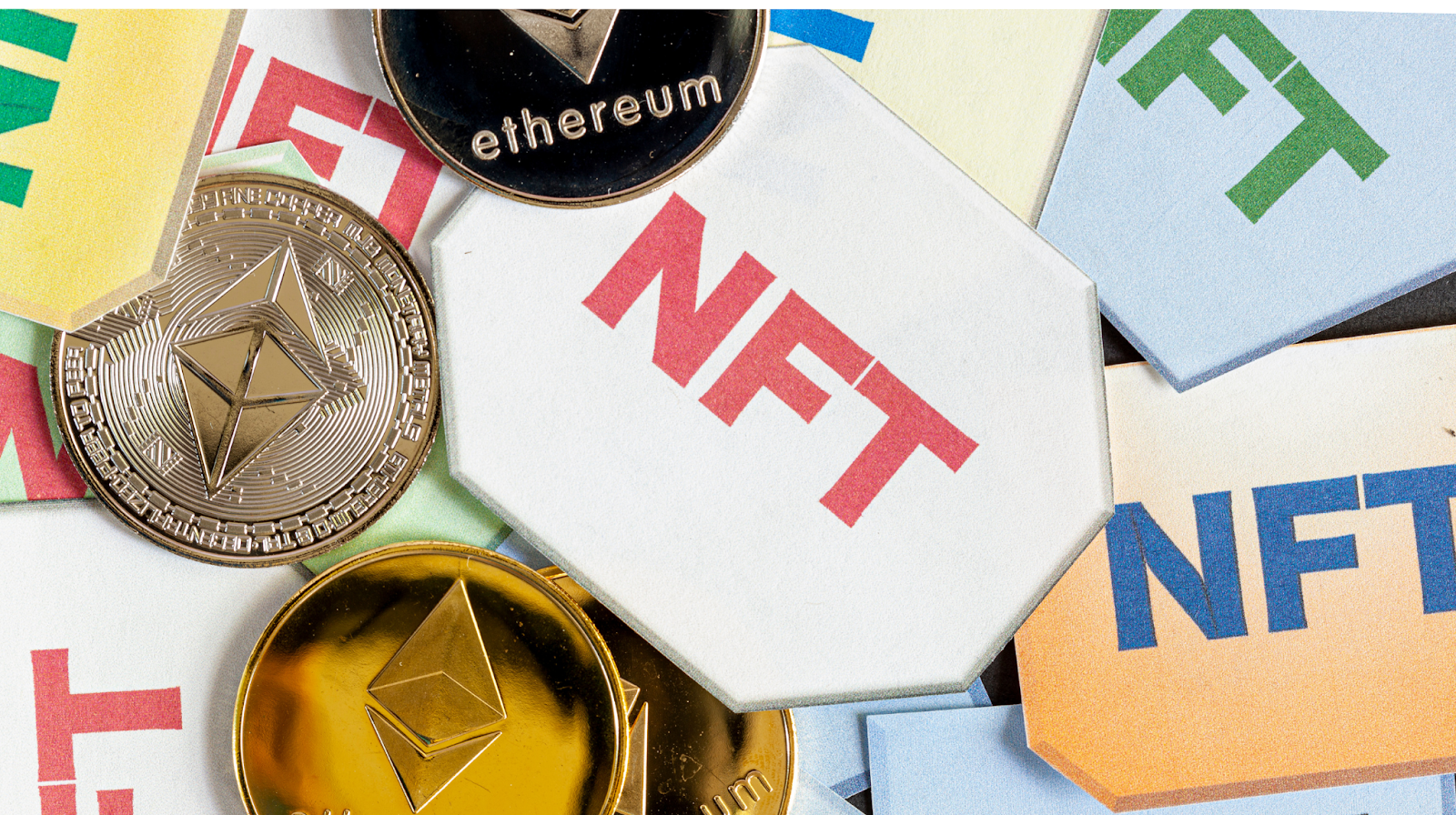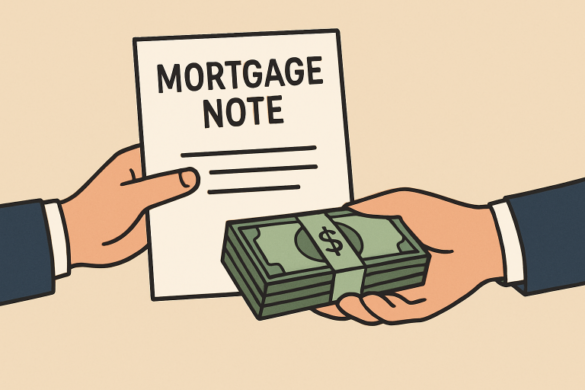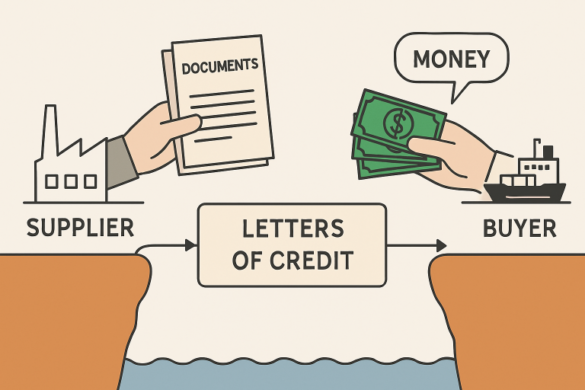
Ah, the world of digital finance—well, it’s changed the way people think about building wealth. With blockchain technology, things like cryptocurrencies and NFTs have crept in, introducing new types of assets. Take slots, for example. What started out as something you’d only find in a physical casino has made its way online, shaped itself around blockchain features, and now sometimes even throws in NFTs as rewards.
Some folks seem to look at these new online slot games almost like scratch tickets for the digital age—fast and easy. Some reports claim crypto slots tend to draw in millennials, partly because there’s this mix of tech-savvy fun. Still, when it comes to actual, long-term wealth building through slots, the evidence seems pretty thin. Especially, well, when you hold it up against more established digital strategies.
Innovation and volatility in crypto slots
Mix crypto, NFTs, and the familiar mechanics of slot machines and you get a whole new digital animal. Players can use their Bitcoin or Ethereum balances instead of the usual cash. Toss in NFT slots—now you’re chasing after unique collectibles or game items that (sometimes) have value beyond the slot itself. There was a lot of buzz when NFT Megaways popped up in 2022; in that one, it wasn’t just about coins but tradeable NFTs.
Stories circulate about how steady play, even with small bets, could slowly lead to some kind of accumulation. But then again, if you dig into the numbers, the old patterns stick around. Adam-Smith-Design points out (and it’s hard to dispute) that the game is still stacked in the house’s favor over the long run.
The swings only get bigger with crypto: a single spin might bring a reward, but more often, the balance just quietly slips away. And, not to overstate it, but all these dynamics make crypto slots feel wildly riskier than, say, parking some coins in a staking protocol or just holding blue-chip tokens.
Speculation, accessibility, and gamification
There’s no question that the online gambling industry has been quick to use blockchain to make things easier. Anyone with a crypto wallet can connect to an online casino in seconds, deposit digital assets, and start playing NFT slots. It really doesn’t take much to get going, which, understandably, feels pretty inviting if you’re comfortable in the digital world. Yet, with all this low-friction access, it seems more like a playground for speculation than actual wealth creation.
Unlike something like staking, where there’s a (usually) defined process and some measure of predictability, slots run purely on chance—no matter how much you dress it up. NFT elements, for the most part, boil down to digital avatars or little bonuses.
Sometimes you’ll hear that these collectibles could fetch something on a secondary market, but volatility is the rule and not the exception—values are all over the place, often fluctuating with whatever the latest online buzz happens to be. The entire experience, at least for most, feels built for fun or thrill-seeking—not deep financial planning.
Wealth-building strategies in the digital asset ecosystem
If you look at what experienced folks in crypto and NFTs actually recommend, it’s usually a mix-and-match approach: staking, yield farming, picking out NFT projects, maybe dabbling in DeFi. A 2023 study showed that portfolios using a mix of assets performed noticeably better—something like 40% over a year and a half—than putting all your hopes in one single strategy. NFTs that offered something concrete or had loyal communities tended to give steadier outcomes, especially with systems like royalties adding some passive income on the side.
The biggest thing here is control and being able to build value over time. When you compare that to slots, crypto or NFT-themed, they sit pretty much at the very top of the risk pyramid. Some experts point out that smart engagement comes down to filtering noise, focusing on assets with real potential to grow, and making sure there’s actual value coming in. Slots, especially when run on chance, just don’t check those boxes—blockchain or not.
Utility, risk, and regulatory questions
NFTs in gambling—well, it goes beyond just the slot machines now. You’ll see casinos using NFTs for things like entry passes, special bonuses, or custom avatars. Some analysts note that having proof of ownership does make these items a bit more special, but in terms of actual money? The values seem to roll up and down, sometimes wildly so. The so-called “liquidity” for most NFT slot rewards is usually pretty weak, mostly depending on hype cycles instead of any deep use-case.
Plus, regulation is still in a gray zone. Many crypto slot platforms skirt the usual rules, which piles on even more risk and makes it harder for players to know they’re covered. There’s plenty of research warning about huge swings—not just in responses, but losses too—which are made even easier by the always-on nature of online platforms.
And, when the action never stops, it creates an environment that can aggravate addiction. Even if a blockchain can keep every transaction public and odds are technically posted somewhere, aggressive marketing and a focus on nonstop play often crowd out serious talk about engaging safely.
Responsible gambling and digital asset safety
Gambling on slots—whether it’s the flashy NFTs or plain old spins—has always had its risks. Bringing crypto or NFTs into the mix, if anything, just puts a new spin on an old pattern. Realistically, anyone giving digital slots a try might want to treat it as a bit of fun instead of a financial plan.
The odds are, more often than not, set up so the player loses in the long run. Setting firm budgets, taking regular time-outs, keeping tabs on how much you engage—these are probably more important now than ever. And if engagement tips into trouble, it’s worth remembering help is out there. For most, slots are about entertainment. Turning them into a reliable way to build wealth? There’s not much to suggest that day has arrived yet.



